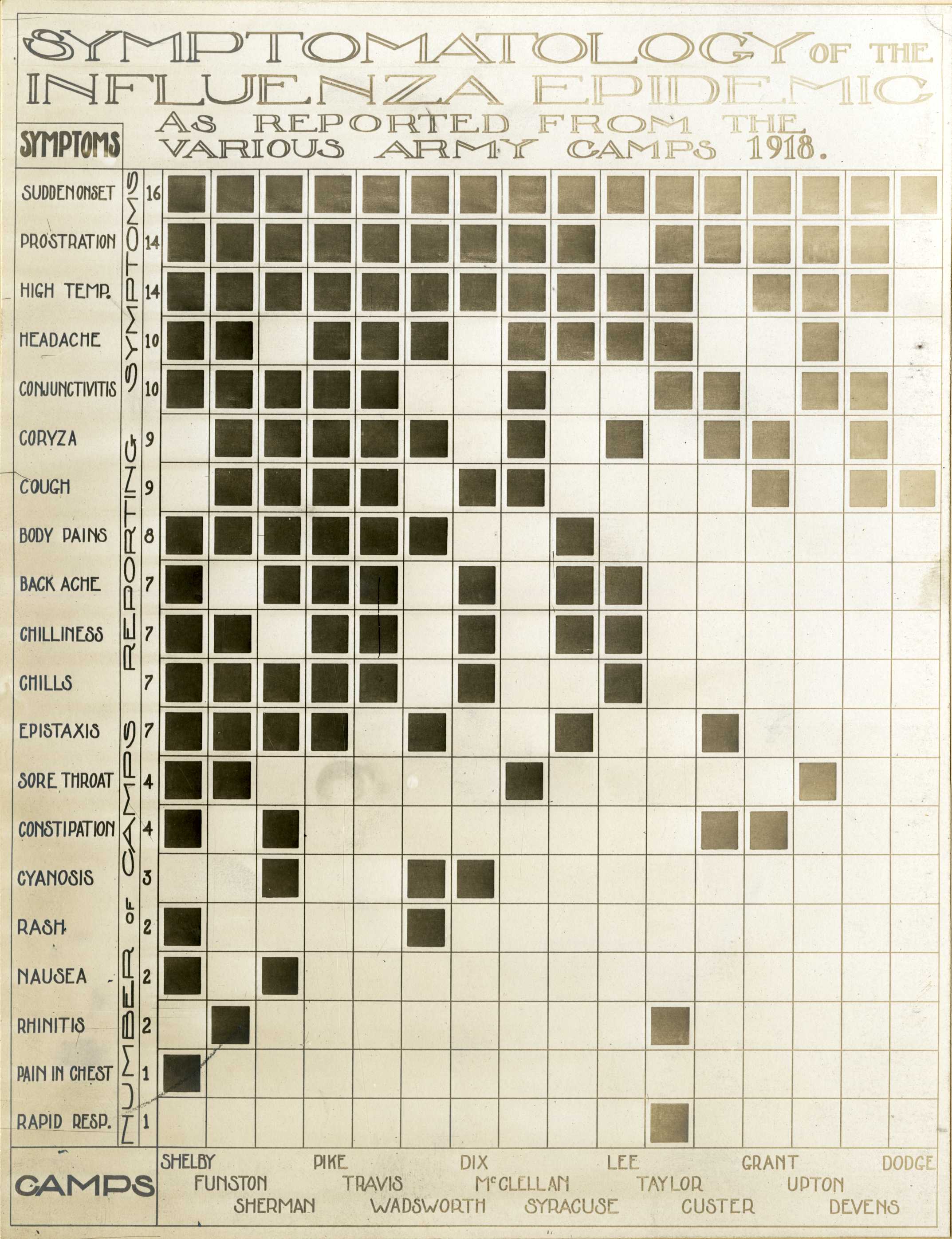
Photo from academic.microsoft.com
Cohort studies of chronic diseases involve recruitment and longitudinal follow-up of affected individuals with a view to studying the effect of risk factors on disease progression and death. When the… Click to show full abstract
Cohort studies of chronic diseases involve recruitment and longitudinal follow-up of affected individuals with a view to studying the effect of risk factors on disease progression and death. When the time to withdrawal from the cohort is conditionally independent of the disease process the primary consequence is a loss of information on the parameters of interest. This loss can sometimes be mitigated through the conduct of tracing studies in which a subsample of those lost to follow up are contacted and some information is obtained on their disease and survival status. We describe the use of selection models to sample individuals for tracing who will yield more efficient estimators than those obtained by simple random sampling. Efficient sampling schemes featuring cost constraints are also developed and shown to perform well. An application to data from the University of Toronto Psoriatic Arthritis Cohort illustrates how to apply the method in a real setting.
Journal Title: Statistics in medicine
Year Published: 2018
Link to full text (if available)
Share on Social Media: Sign Up to like & get
recommendations!